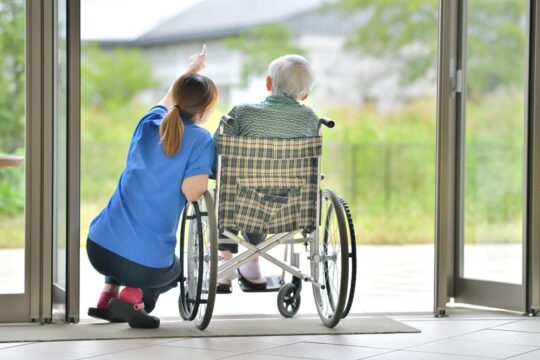Advertisment
Social isolation linked to neurodegeneration

Social lifestyle determinants, including social isolation, are associated with neurodegeneration risk factors, according to a new study published PLOS ONE by scientists at McGill University, Canada.
Alzheimer’s disease (AD) is a growing public health crisis, with an annual global cost of more than $1 trillion US. There has been increasing evidence that social isolation is associated with an increased risk of AD, but the links between social lifestyle and other known risk factors are less well understood.
In the new work, the researchers studied data on 502,506 UK Biobank participants and 30,097 people enrolled in the Canadian Longitudinal Study of Aging. Both studies had questionnaires that included questions about loneliness, frequency of social interaction and social support.
The study found a large array of associations between potentially modifiable AD risk factors and both loneliness and lack of social support. Individuals who smoked more, excessively drank alcohol, experienced sleep disturbances, and failed to frequently participate in light to vigorous physical activities had greater odds of being lonely and lacking social support.
For instance, based on the Canadian data, increased regular participation in physical exercise with other people was associated with a 20.1% decrease in the odds of feeling lonely and 26.9% decrease in having poor social support.
Physical and mental health factors previously linked to AD, such as cardiovascular disease, vision or hearing impairment, diabetes and neurotic and depressive behaviours, were also associated with both subjective and objective social isolation.
Using UK biobank data, difficulty to hear with background noise corresponded to a 29% increase in the odds of feeling lonely and a 9.86% increase in the odds of lacking social support. The odds of feeling lonely and lacking social support were also 3.7 and 1.4 times greater, respectively, as a function of a participant’s score for neuroticism.
The authors concluded that social isolation, which can be modified more easily than genetic or underlying health risk factors, might be a promising target for preventive clinical action and policy interventions.
‘Given the uncertain impact of social distancing measures imposed by COVID-19, our findings underscore the importance of investigating the multiscale effect of social isolation to inform public health interventions for AD,’ the authors said.





